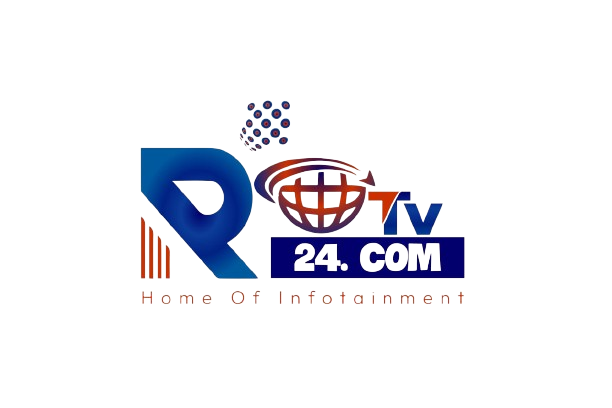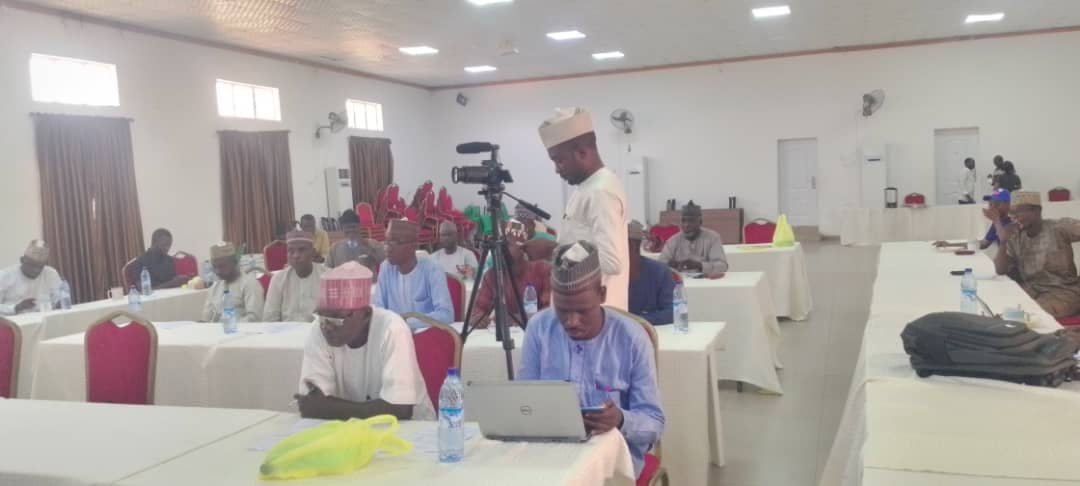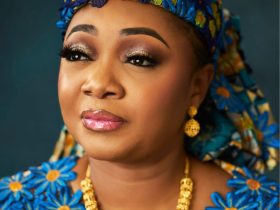By Ahmed AHMED
The World Health Organization(WHO) has on Monday reiterated the role of the mass media in the fight against cervical cancer among girls as Bauchi state set to commence the Human Papilloma Virus mass vaccination campaign across the state.
Dr Mustapha Umar, WHO technical office in Bauchi, stated this at one day media engagement on reporting health issues in the state.
The activity was organized by Bauchi State Primary Healthcare Development Agency in collaboration with Journalists for public health And Development Initiative(J4PD) with support from USAID-Integrated Health Program(IHP).
However,25 journalists participated in the capacity building including 10 managers of community radio across the State.
Umar said that key massages should be developed to create awareness from the state to grassroot level.
According to him,the media should work closely with the Technical Working Group(TWG) to be abreast of all activities on HPV.
He said that with factual and accurate information the media would mobilize the targeted population using various dialects in the state.
While working on eliminating the scourge, Umar mentioned access to Universal HPV vaccine, timely diagnosis.
Others are palliative care, cervical cancer screening, survivorship support.
“The HPV vaccine that will begin in September this year in Bauchi State plans to be conducted in schools, communities, health posts and outreach.
“Girls ages from Nine to 14 years old will be targeted.
“To reduce the risk of cervical cancer; practice safe sex,protect your family and get screened regularly.
” Protect your family by practicing safe sex because your wife can be affected by sharing toiletries with your wife if she becomes infected,” he explained.
Mr Bilal Abdullahi,representing Nigeria Center for Disease Control (NCDC) spoke on public health surveillance.
He explained that to achieve public health,the media should contribute in reporting relevant information on ailments to tackle all forms Diseases from community international level.
Earlier,Mr Ibrahim Sani, Information officer, BSPHCDA, said that the training was organized to equip journalists with the techniques of reporting Primary health care services.
Ms Elizabeth Carr, Coordinator,J4PD explained that health as a specialized beat needs capacity building and updates on information and policies.
She attributed low coverage in the sector to low interest in reporting health related issues.
Carr encouraged participants to develop interest,adding that journalists have a key role to play in public health.









Leave a Reply